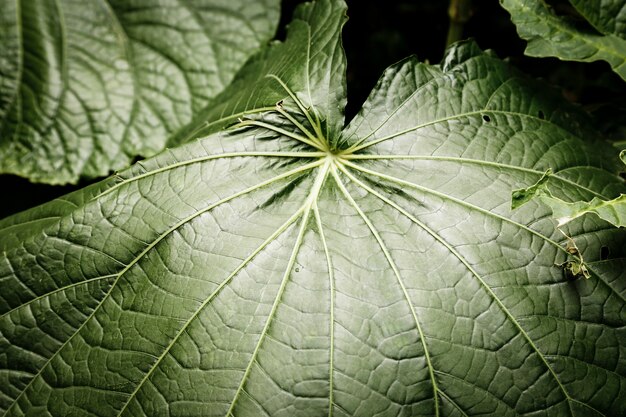
When I first came across Ginkgo Biloba, I didn’t have the best impression. There was a single Ginkgo tree in our yard when I was growing up. Its leaves were fascinating and turned a bright yellow in the fall. The tree stood about 20-25 feet tall, but as a kid, it seemed like a hundred feet. It looked as though someone tried to cut it down years ago, but it managed to grow back stronger, showcasing the resilience Ginkgo trees are known for.
This particular tree became my climbing playground. Its branches formed the perfect challenge for an adventurous kid like me. My brother and I often competed to see who could climb higher; the winner got to choose the games we’d play outside.
One day, I was determined to climb higher than ever before. I reached my target but slipped near the top and fell about six feet, stopping just short of hitting the ground. I still have a small scar on my knee from that fall, a constant reminder of the tree.
Interestingly, Ginkgo trees offer more than just a climbing adventure. They are among the oldest living tree species, with unique fan-shaped leaves and inedible fruit. The leaves, known for their sweet and mildly bitter taste, have been long used in Chinese medicine and other traditional healing practices. Recent research has identified unique compounds called ginkgolides in the leaves, which aren’t found in any other plants. Some researchers think these may contribute to Ginkgo Biloba’s incredible resilience, like the lone tree that survived the Hiroshima blast.
Ginkgo is popularly used for enhancing memory and brain health, supporting healthy blood and arteries, and as an antioxidant. According to the University of Maryland Medical Center, it has a history of being used in traditional medicine for blood disorders and memory improvement. Current studies suggest it could keep your memory sharp by enhancing blood circulation and reducing blood stickiness, while also acting as an antioxidant.
Because of its properties, Ginkgo might improve vein and eye health, and some studies suggest it might help treat dementia and issues with circulation in the legs. It’s thought to protect memory in older adults as well. Its leaves contain flavonoids and terpenoids, which are antioxidants that help combat free radicals in the body. Free radicals can contribute to heart disease, cancer, and Alzheimer’s disease, so antioxidants like those in Ginkgo are essential in safeguarding DNA and other cells.
Despite the potential benefits, it’s important to consult with a doctor before using Ginkgo Biloba, as it might not be suitable for everyone. Those with bleeding disorders, epilepsy, seizure issues, or other health conditions should avoid it, as should pregnant or nursing women and children. Anyone taking medications should check with a doctor to prevent any possible interactions.
Ginkgo is available in various forms, making it accessible for those interested. Have you ever tried Ginkgo Biloba? Feel free to share your experiences!

